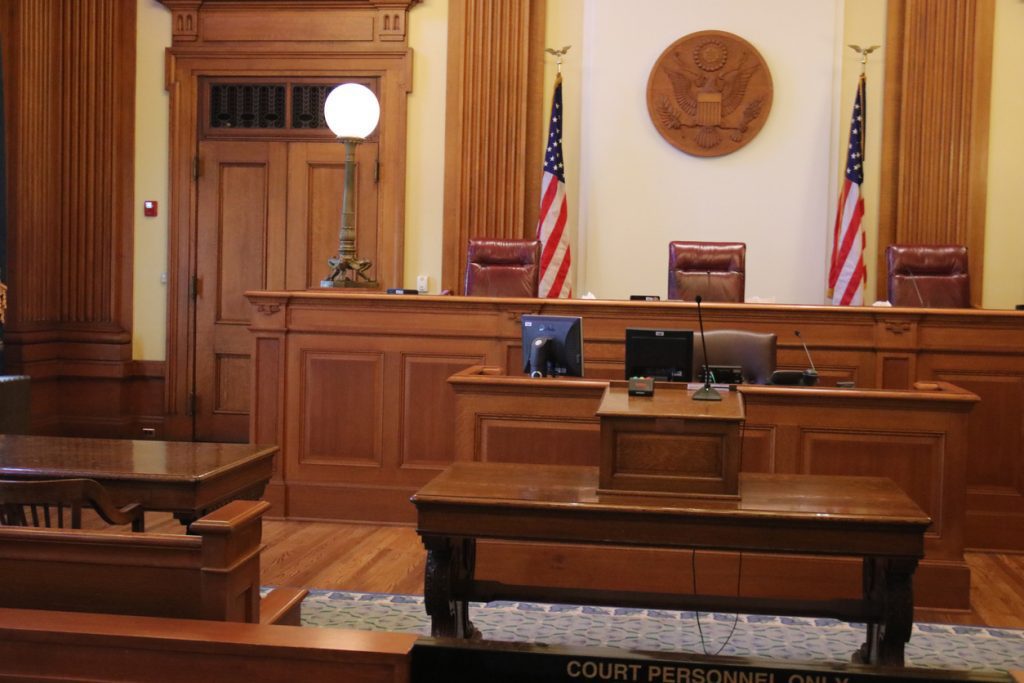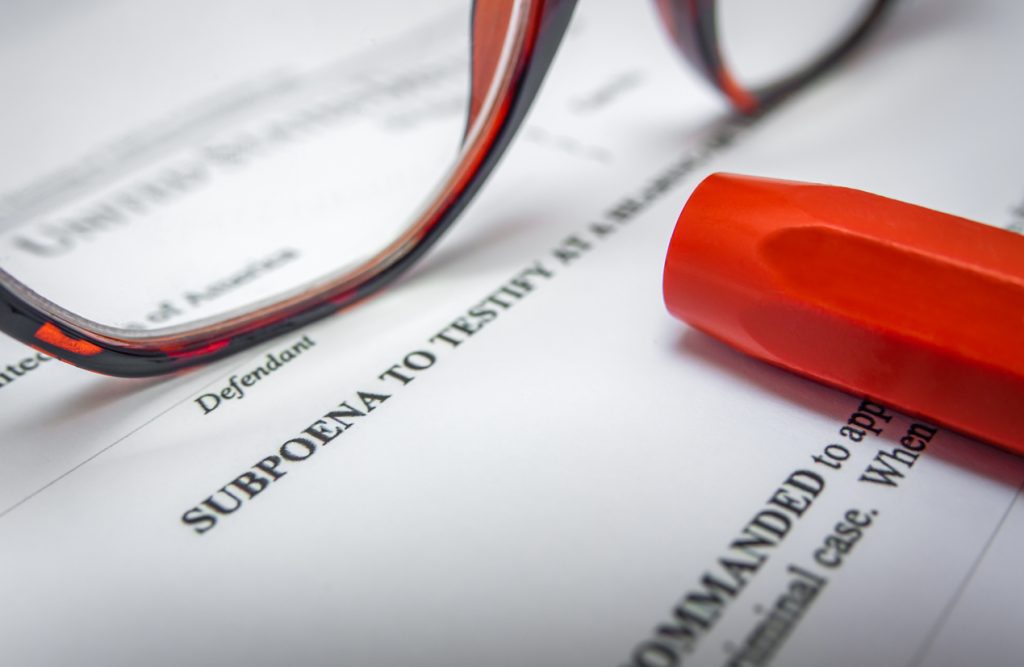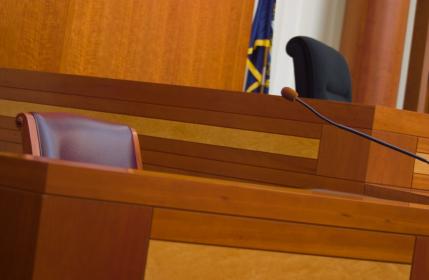If you ever been a part of a criminal trial — as a defendant, as a prosecutor, as a witness, as a judge or as someone else who just happened to be in the courtroom — you know that, at least sometimes, defendants don’t testify at their own trial. In fact, this happens more than sometimes. It happens a lot.
According to an Associated Press article published in U.S. News in 2021, there isn’t a lot of recent data on the percentages of defendants who choose to testify or choose not to testify at trial. “That’ll take years to compile,” the article states. “And studies on defendant testimony are few and far between.”
But, according to the piece, “[o]ne study of over 300 criminal trials published in the Cornell Law Review in 2009 found that some 77% of defendants who testified were found guilty.” “Among the defendants who chose not to testify,” the piece continues, “around 72% were convicted.”
Similarly, “[a] 1950s study by Harry Kalven and Hans Zeisel found that defendants without criminal records testified over 90% of the time and those with criminal histories testified around 70% of the time.”
Long story short, defendants choose not to testify at their own trials, and they do it a lot. Why?

Why don’t defendants choose to testify at their own trials?
There are a lot of reasons why a defendant might choose not to testify at their own trial…
- Burden of Proof. The prosecutor has the burden of proof in a criminal trial. A prosecutor has to prove a defendant’s guilt beyond a reasonable doubt. The defendant, on the other hand, doesn’t have to prove anything at all. If the prosecutor can’t meet his or her burden, it doesn’t matter what the defendant does.
- Right Against Self-Incrimination. Defendants in a criminal trial also have a constitutional right against self-incrimination. This means that the government cannot force someone charged with a crime to say something that may incriminate themselves. To take advantage of this right, however, defendants must choose not to testify.
- Cross-Examination. If a defendant chooses to testify, he or she also opens themselves up to cross-examination by the prosecutor. You might be inclined to think, “So what?” This is especially true if you believe that you have “nothing to hide.” But prosecutors are talented and can trip you up easily and, in some cases, make you look bad.
These aren’t the only reasons a defendant might choose not to testify. But they are some of the most common.

Does choosing not to testify at trial help or hurt a defendant?
This is an impossible question to answer. It really depends on the specific circumstances involved in your case. In some cases, choosing to testify might be exactly what the jury needs to find you not guilty. In others, though, your testimony might be what gives the prosecution everything it needs to get that conviction.
The Takeaway:
The choice whether to testify during a criminal trial is left entirely to a defendant. An attorney might give you advice one way or the other. But, ultimately, that decision is up to you. Many defendants choose not to testify because prosecutors have the burden of proof and to make sure that they don’t incriminate themselves or open themselves up to cross-examination. But that decision might not be the right one in your case.






